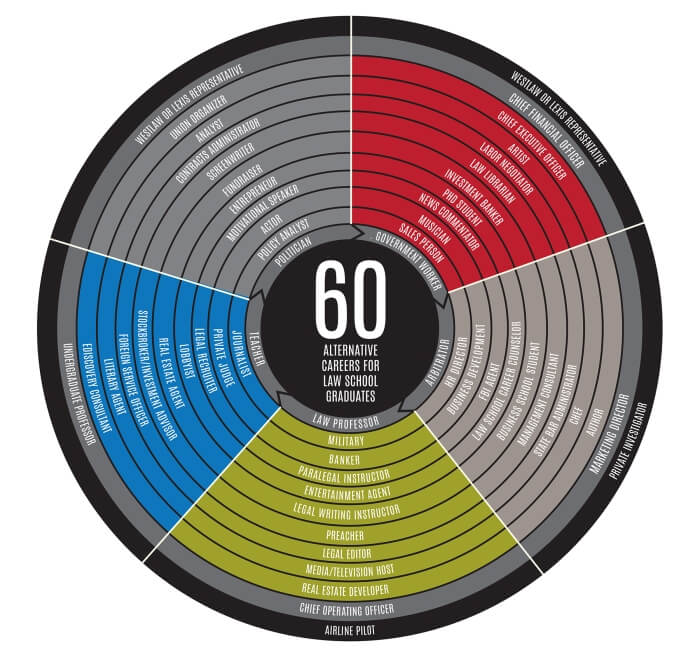So what’s the toll from the government shutdown? Aside from various agencies and employees being told they can be cut because they are not “essential,” the repercussions have been far reaching in the last couple days, since Congress decided they could not solve their deadlock and so had to shut down the government. The number of people that have been furloughed, and countless agencies suspended, include the National Guard, with thousands of its members, national parks, federal technicians, and wildlife refuges.
85,000 meals for children could be cut, and 320 Head Start children have lost their program in Connecticut.
The Huffington Post reported on a woman who studies the rotavirus who has been forced off work due to her project for the Center for Disease Control and Prevention being cut.
“If my supervisor is not there, there is not work for me to do, and I don’t get paid either,” she said. “Being a scientist I don’t get paid that much. I have two bachelor’s degrees and a master’s degree. I owe in student loans three times what I make. I live paycheck to paycheck. This is not financially stable for me at all.”
As for the legal field, the government shutdown could drop the number of billable hours in 2013’s final quarter. With the Federal Trade Commission, the Department of Justice, and the U.S. Government Accountability Office, and other agencies, (excepting the Securities and Exchange Commission), cut off and no longer doing work, all law firms who work with them are likewise suspended.
“We’re not going to be receiving subpoenas over the next couple weeks,” said Angela Styles, co-chair of government contract practice at Crowell and Moring, as reported by Reuters, “and there aren’t going to be Inspector General investigations.” Instead she just tells clients she “can’t do much right now.”
Such law ventures as mergers and acquisitions, antitrust, and government investigations and contracts should also expect delays.
Furthermore, Jeff Grossman, senior director of banking for Wells Fargo Private Bank’s Legal Specialty Group, said that the shutdown “poses downside risk,” to what Fargo expected to see in revenues. How far other businesses and firms will suffer alongside them remains to be seen.













































